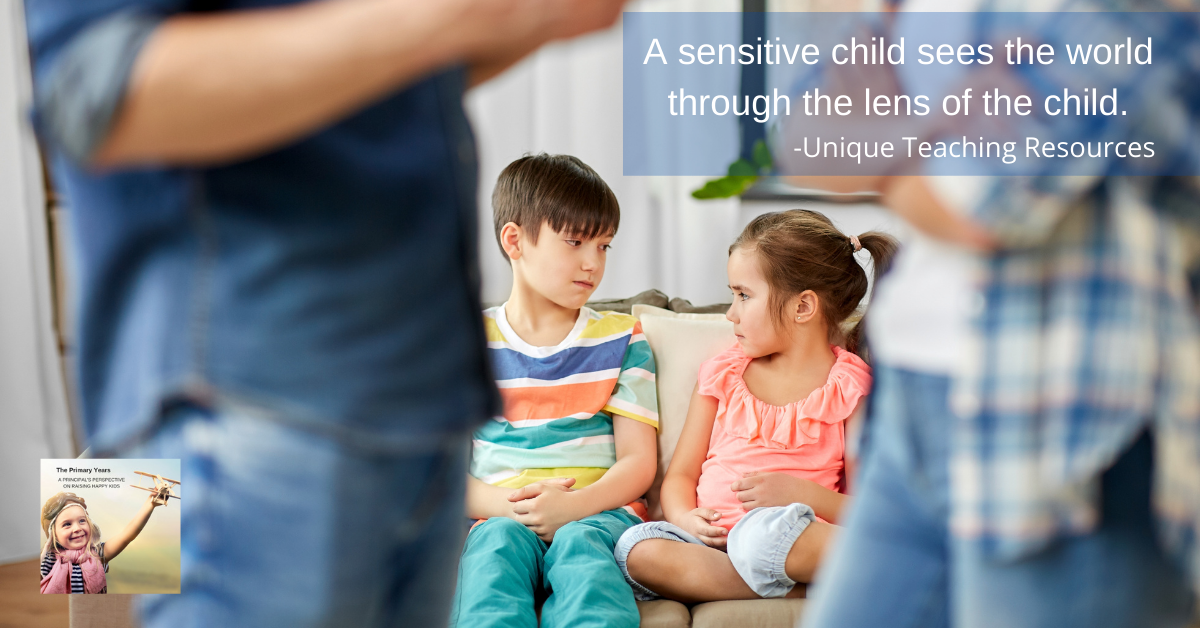What are we teaching our children?
There is so much we are teaching our children, this is obvious. What we need to occasionally to reflect on is, the incidental things that occur that are noticed and internalised by our children. Keep in mind that we are all part of the great human condition and by this definition, we are not perfect! However, our children are very clever in picking up the incidentals and shifting moods in our behaviour. These are incidents and occasions where we may let our guard down. For some reason, our children are curious creatures when they see how imperfect we are.
I remember, as the school principal, there was a consistent way of operating and the values exposed were to be consistently displayed. Sometimes life is complicated and principals get compromised. Teachers are excellent at building strong, stable authentic relationships with their children, which generally involves a child excusing them when they slip up on occasions. In my experience, it was common for children who had strong relationships with their teachers, to be quite protective of their failures and misadventures.
As a parent, do our children notice our misdemeanours and are they watching to learn all the incidental behaviours they notice in us? The answer I fear is probably yes. They are always checking into see our legitimacy and how this affects them. Certainly, in working with children, it was clear they understood their parents very well.
Consider the following thoughts to help us live with this subtle pressure from our children:
Accept and acknowledge with your child that you are not perfect. In fact, what is ‘perfect’?
Be natural in apologising when you think it necessary. Children really appreciate that you understand that you make mistakes just like them.
Be relaxed in talking to them and when putting down important rules etc. in the home, acknowledge that you just try your best at all times.
Talk about how you can sometimes get tired and let your guard down. This is natural and normal.
Have a laugh with your child when you find yourself not living up to your expectations. This is about showing your human side. We all make mistakes.
Be aware that small ears listen and love to learn more about you in discreet ways. This may mean compromising some feelings at time to give the right message to your child.
Watch the language you use around the child especially when talking about others. Much is revealed to a child when we express our opinions about others.
A child loves the parent who is easy to read and comfortable in how they express themselves. They enjoy the journey of learning more about their parents often through different unexpected experiences. This is often the test of being true to ourselves.
“A sensitive child sees the world through the lens of the child.”
